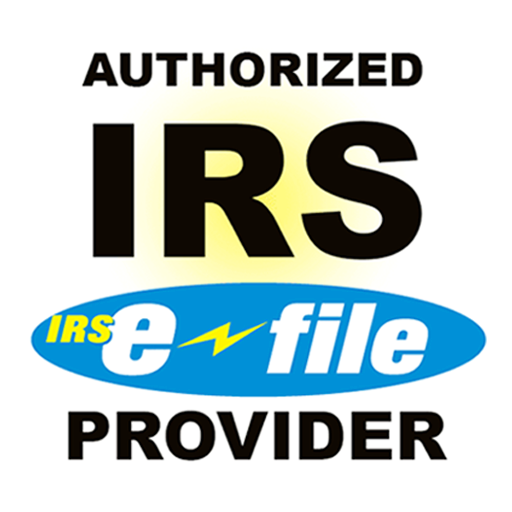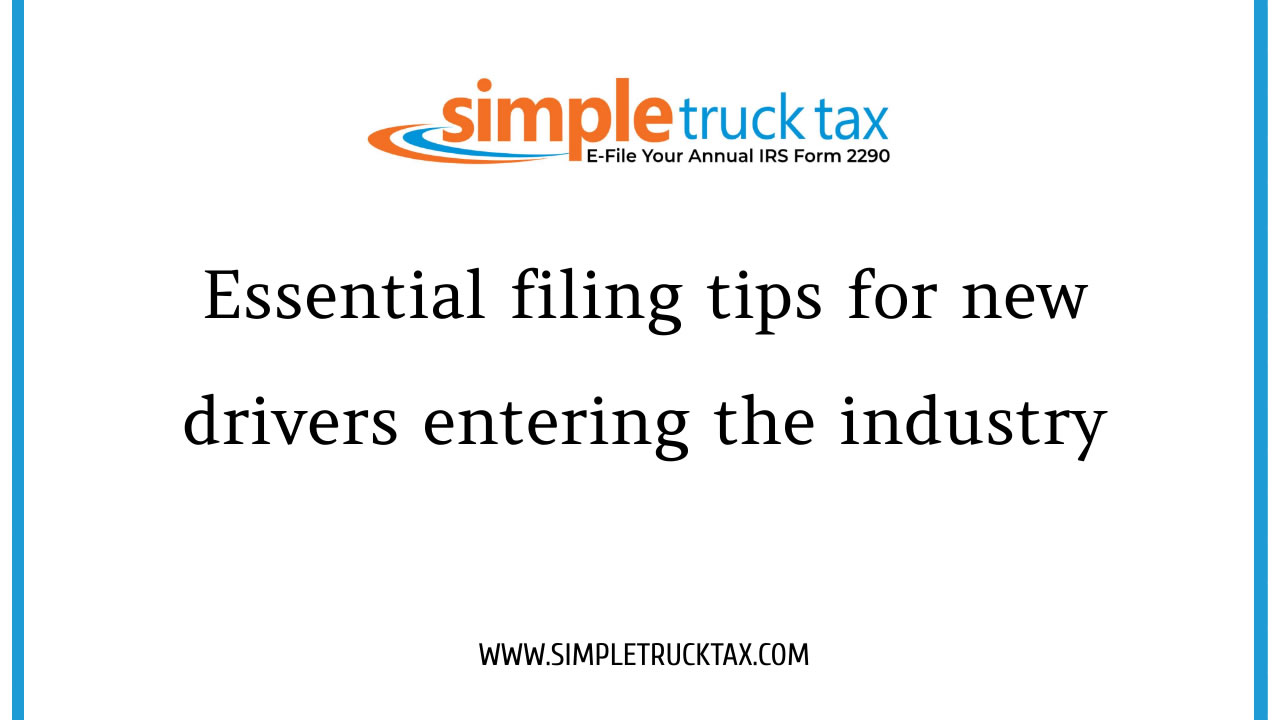11-14-2024
Essential filing tips for new drivers entering the industry
Most Important Steps When Filing Documents for New Truck Drivers
Joining the trucking world as a truck driver is thrilling, but there are so many obligations such as tax and regulatory filings. For owner-operators and self-employed drivers, there is a lot of documentation that should be in order to prevent fines or irregularities in compliance. Let’s review these filing tips to ensure new drivers have a good start.
Know The Forms You’re To File
There are also a number of governing forms that need to be filled for the trucking industry by federal and state or local governments. It is essential to figure out what they are depending on the type of business you own.
- Form 2290 (Heavy Vehicle Use Tax): Trucks and other heavy vehicles above 55.000$ pound must fill this form stating the Heavy Vehicle Use Tax (HVUT) which must be paid each year.
- Form 1099-NEC: Independent contractors shall also file form 1099-NEC stating non-employer compensations. This applies to if you’re working with some brokers or self-employed contractors.
- State-Specific Forms: Apart from that, a good number of states have other requirements that stem from additional requirements like quarterly reports on the International Fuel Tax Agreement (IFTA).
Comply with Recordkeeping Requirements
For trucking operations to run efficiently and legibly, accurate documentation is an absolute must. A good starting point would be to create a document management system to manage essential documents like mileage logs, invoices, engine hours and maintenance records. Truckers should also consider using apps / software like TruckLogics or KeepTruckin that make their lives easier and keep them compliant with the law at the same time.
Prepare For Deadlines
It goes without saying that everyone should try to keep their deadlines or else, it will be too late. Below is a brief summary:
- Form 2290: Due within the month following the last month of the tax period the heavy vehicle was put into operation by the taxpayer. This means between July to August every year, the return should be filed.
- IFTA Reporting: Due on April 30, July 31, October 31 and January 31 every year.
- IRS Quarterly Estimated Taxes: If self-employed and working as a trucker, the quarterly estimated taxes calculated are to be paid not later than 15th April, 15th June, 15th September and 15th January of the next year.
Make a note of these dates and try to follow them. Try using a calendar or filing software to assist you with these dates.
Go for E-Filing for Quick Settlement cases
Almost all forms, including Form 2290, have the provision for e-filing which helps in ease of filing as the applicant gets evidence of filing at the moment. E-filing is quicker and most of the time the preferred option over sending paper forms through postal mail. There are several service providers, for instance, Simple Truck Tax, that assist truckers in electronically filing their forms to speed up the process.
Take Advantage of Available Tax Deductions
New drivers can benefit immensely when they appreciate the fact that they can make use of certain tax-deductable expenses. Some common deductible expenses are fuel purchased, vehicle repairs and maintenance costs, toll fees, accommodation costs, food, and per-day rates. All these deductions can be maximally employed if all the receipts are kept and expenses are documented. Consult a tax professional who understands the trucking industry and make sure you claim what you are eligible to claim.
Do not Forget to Apply for the Relevant Permits and Licenses
Apart from the tax returns, ensure that you have the necessary permits and registrations in hand. For example, Unified Carrier Registration (UCR) is a requirement when planning to conduct business in more than one state. You may also require some permits for specific states regarding the states you operate in.
Seek Expert Intervention
The trucking business has its own set of tax obligations which can be very complicated. This is why it is essential to have taxation specialists or accountants who specialize and have ample experience in the trucking business. They would be able to walk you through the tax options, compliance and notify you if there are any changes in regulations that may affect your filings.
Grasping these crucial filing aspects will also ensure you maintain the order within yourself as you join the trucking industry. Keeping appropriate documentation, submitting applications on time, bringing costs to the minimum and electronically filing totally simplify your tax obligations while making you achieve better position.
Note: For more information, visit IRS website


